It is not until one reaches the heart of Delhi's Mayapuri industrial area, that the sheer scale of the capital's biggest car scrapyard is realised. In block after block, car doors, headlights, tyres and cushions are stacked in shops. The earth around the open air workshops, where vehicles of all sizes are torn down, glistens as hundreds of broken shards of glasses lay on grime and dust. It might be dubbed as Asia's largest scrap market, but the Mayapuri industrial area is certainly not the cleanest and also not equipped to take the load of the city's old vehicles.
Following the National Green Tribunal's order to deregister diesel vehicles older than ten years and 15 years, the options available to Delhiites for scrapping their old vehicles have come under spotlight. While Mayapuri is been the city's biggest car scrapyard, Nand Nagari in east Delhi is another scrap market that condemns old cars to death. Both the markets function in a largely informal set up, where daily wage labourers take apart vehicles with the aid of gas cutters, hammers and small cranes without protective gear, thus exposing them to invisible toxic fumes.
"I have been working here for the past two years on a daily wage of Rs250. I usually work on the door frames," said Jeetendra, 22, a resident of Kalyanpur, Sultanpur district, Uttar Pradesh.
Environmentalists said that even as the Centre has plans to incentivize scrapping of old cars, adequate facilities should be provided first. "Infrastructure is needed to scrap old cars and handle hazardous substances. The waste oil, coolant and old batteries all pose pollution hazards and contaminate both air and soil," said Satish Sinha, associate director, Toxics Link.
The Mayapuri car dismantling and car scrap market functions on both a local as well global demand for ferrous and nonferrous scrap. Cars brought to be scrapped are handled by a separate group of traders who deal only in dismantling the end of life vehicles ranging from trucks and small cars to jeeps and motorbikes.
Scrap traders buy the host of car parts from the dismantlers. Harmeet Singh, 37, has been dealing in scrap materials from old, condemned cars for the past three-four years and has been working in the industrial area for nearly 20 years. "We buy door frames, trunk doors, bonnet covers, largely the exterior metal parts of the car. In Mayapuri, a vehicle arrives in one piece but soon after it is dismantled you will find each part sold within the confines of the scrapyard. Eventually, it is sold off to bulk buyers outside Delhi in Gujarat and Punjab.
A few car dismantlers in the market claimed that they largely bought old vehicles from people in their business circle to avoid any problems that may arise due to fake ownership papers. "We tie up contacts who are in the transportation business. Usually, they have more than one old truck to sell off. The cabins of trucks can yield precious metals too, such as silver," said Jaspal Singh.
Tearing down older vehicles, part by part, is hard-labour, executed by migrant labourers on low daily wages and without any safety gears. According to traders, 10-12 are hired to break a standard sized truck while a total of 20 people are needed to carry out the entire process from breaking it down to transporting it.
"It takes nearly six hours to tear down an old truck. First the cabin is separated from the rear body and the rest follows. For a smaller vehicle 5-6 labourers suffice," said Gurdeep Singh. While a majority of the car parts are sold off in the chain ahead to a scrap dealer, some parts are retained as they have value as a spare part.
The traders pay anywhere between Rs.45,000 to Rs.1,00,000 for an old truck depending upon its age and make while old models of Maruti 800 and Maruti Omni are bought for Rs.10,000-15,000. Harmeet Singh says that the entire scrap market is reeling under a slowdown.
"The going rate for scrap iron as of the today is Rs.16/kg while car scrap is getting just Rs.13/kg. An year back, the rate was Rs.Rs.26/kg," said Harmeet Singh. Even as the NGT's order may bring in new customers, Harmeet has mixed feelings about it.
"Only time will tell if we get more business, but the order will also put a burden on those who run transport businesses."
Auto-recycling in USA
The automotive recycling industry employs over 140,000 people in the United States at more than 9,000 locations around the country. Generating $32 billion in sales nationwide, the industry helps support many other industries like shipping, waste removal, forklift and heavy equipment, and towing. Approximately 86 percent of a vehicle's material content is recycled, reused or used for energy recovery. Using recycled scrap iron and steel reduces the use of new iron ore.
According to the US Environmental Protection Agency, auto recyclers prevent 25 million tons of materials from reaching landfills. That being said, 5 million tons still get trashed.
In India, Mahindra Intetrade and the Metal and Scrap Trading Corporation Limited have signed a MoU wherein they will setup India’s first auto-shredding facility. The location of the facility is not finalized yet. According to sources, the project is valued at Rs.120 crore.
![submenu-img]() Firing at Salman Khan's house: Shooter identified as Gurugram criminal 'involved in multiple killings', probe begins
Firing at Salman Khan's house: Shooter identified as Gurugram criminal 'involved in multiple killings', probe begins![submenu-img]() Salim Khan breaks silence after firing outside Salman Khan's Mumbai house: 'They want...'
Salim Khan breaks silence after firing outside Salman Khan's Mumbai house: 'They want...'![submenu-img]() India's first TV serial had 5 crore viewers; higher TRP than Naagin, Bigg Boss combined; it's not Ramayan, Mahabharat
India's first TV serial had 5 crore viewers; higher TRP than Naagin, Bigg Boss combined; it's not Ramayan, Mahabharat![submenu-img]() Vellore Lok Sabha constituency: Check polling date, candidates list, past election results
Vellore Lok Sabha constituency: Check polling date, candidates list, past election results![submenu-img]() Meet NEET-UG topper who didn't take admission in AIIMS Delhi despite scoring AIR 1 due to...
Meet NEET-UG topper who didn't take admission in AIIMS Delhi despite scoring AIR 1 due to...![submenu-img]() DNA Verified: Is CAA an anti-Muslim law? Centre terms news report as 'misleading'
DNA Verified: Is CAA an anti-Muslim law? Centre terms news report as 'misleading'![submenu-img]() DNA Verified: Lok Sabha Elections 2024 to be held on April 19? Know truth behind viral message
DNA Verified: Lok Sabha Elections 2024 to be held on April 19? Know truth behind viral message![submenu-img]() DNA Verified: Modi govt giving students free laptops under 'One Student One Laptop' scheme? Know truth here
DNA Verified: Modi govt giving students free laptops under 'One Student One Laptop' scheme? Know truth here![submenu-img]() DNA Verified: Shah Rukh Khan denies reports of his role in release of India's naval officers from Qatar
DNA Verified: Shah Rukh Khan denies reports of his role in release of India's naval officers from Qatar![submenu-img]() DNA Verified: Is govt providing Rs 1.6 lakh benefit to girls under PM Ladli Laxmi Yojana? Know truth
DNA Verified: Is govt providing Rs 1.6 lakh benefit to girls under PM Ladli Laxmi Yojana? Know truth![submenu-img]() Remember Jibraan Khan? Shah Rukh's son in Kabhi Khushi Kabhie Gham, who worked in Brahmastra; here’s how he looks now
Remember Jibraan Khan? Shah Rukh's son in Kabhi Khushi Kabhie Gham, who worked in Brahmastra; here’s how he looks now![submenu-img]() From Bade Miyan Chote Miyan to Aavesham: Indian movies to watch in theatres this weekend
From Bade Miyan Chote Miyan to Aavesham: Indian movies to watch in theatres this weekend ![submenu-img]() Streaming This Week: Amar Singh Chamkila, Premalu, Fallout, latest OTT releases to binge-watch
Streaming This Week: Amar Singh Chamkila, Premalu, Fallout, latest OTT releases to binge-watch![submenu-img]() Remember Tanvi Hegde? Son Pari's Fruity who has worked with Shahid Kapoor, here's how gorgeous she looks now
Remember Tanvi Hegde? Son Pari's Fruity who has worked with Shahid Kapoor, here's how gorgeous she looks now![submenu-img]() Remember Kinshuk Vaidya? Shaka Laka Boom Boom star, who worked with Ajay Devgn; here’s how dashing he looks now
Remember Kinshuk Vaidya? Shaka Laka Boom Boom star, who worked with Ajay Devgn; here’s how dashing he looks now![submenu-img]() DNA Explainer: How Iranian projectiles failed to breach iron-clad Israeli air defence
DNA Explainer: How Iranian projectiles failed to breach iron-clad Israeli air defence![submenu-img]() DNA Explainer: What is India's stand amid Iran-Israel conflict?
DNA Explainer: What is India's stand amid Iran-Israel conflict?![submenu-img]() DNA Explainer: Why Iran attacked Israel with hundreds of drones, missiles
DNA Explainer: Why Iran attacked Israel with hundreds of drones, missiles![submenu-img]() What is Katchatheevu island row between India and Sri Lanka? Why it has resurfaced before Lok Sabha Elections 2024?
What is Katchatheevu island row between India and Sri Lanka? Why it has resurfaced before Lok Sabha Elections 2024?![submenu-img]() DNA Explainer: Reason behind caused sudden storm in West Bengal, Assam, Manipur
DNA Explainer: Reason behind caused sudden storm in West Bengal, Assam, Manipur![submenu-img]() Firing at Salman Khan's house: Shooter identified as Gurugram criminal 'involved in multiple killings', probe begins
Firing at Salman Khan's house: Shooter identified as Gurugram criminal 'involved in multiple killings', probe begins![submenu-img]() Salim Khan breaks silence after firing outside Salman Khan's Mumbai house: 'They want...'
Salim Khan breaks silence after firing outside Salman Khan's Mumbai house: 'They want...'![submenu-img]() India's first TV serial had 5 crore viewers; higher TRP than Naagin, Bigg Boss combined; it's not Ramayan, Mahabharat
India's first TV serial had 5 crore viewers; higher TRP than Naagin, Bigg Boss combined; it's not Ramayan, Mahabharat![submenu-img]() This film has earned Rs 1000 crore before release, beaten Animal, Pathaan, Gadar 2 already; not Kalki 2898 AD, Singham 3
This film has earned Rs 1000 crore before release, beaten Animal, Pathaan, Gadar 2 already; not Kalki 2898 AD, Singham 3![submenu-img]() This Bollywood star was intimated by co-stars, abused by director, worked as AC mechanic, later gave Rs 2000-crore hit
This Bollywood star was intimated by co-stars, abused by director, worked as AC mechanic, later gave Rs 2000-crore hit![submenu-img]() IPL 2024: Rohit Sharma's century goes in vain as CSK beat MI by 20 runs
IPL 2024: Rohit Sharma's century goes in vain as CSK beat MI by 20 runs![submenu-img]() RCB vs SRH IPL 2024 Dream11 prediction: Fantasy cricket tips for Royal Challengers Bengaluru vs Sunrisers Hyderabad
RCB vs SRH IPL 2024 Dream11 prediction: Fantasy cricket tips for Royal Challengers Bengaluru vs Sunrisers Hyderabad ![submenu-img]() IPL 2024: Phil Salt, Mitchell Starc power Kolkata Knight Riders to 8-wicket win over Lucknow Super Giants
IPL 2024: Phil Salt, Mitchell Starc power Kolkata Knight Riders to 8-wicket win over Lucknow Super Giants![submenu-img]() IPL 2024: Why are Lucknow Super Giants wearing green and maroon jersey against Kolkata Knight Riders at Eden Gardens?
IPL 2024: Why are Lucknow Super Giants wearing green and maroon jersey against Kolkata Knight Riders at Eden Gardens?![submenu-img]() IPL 2024: Shimron Hetmyer, Yashasvi Jaiswal power RR to 3 wicket win over PBKS
IPL 2024: Shimron Hetmyer, Yashasvi Jaiswal power RR to 3 wicket win over PBKS![submenu-img]() Watch viral video: Isha Ambani, Shloka Mehta, Anant Ambani spotted at Janhvi Kapoor's home
Watch viral video: Isha Ambani, Shloka Mehta, Anant Ambani spotted at Janhvi Kapoor's home![submenu-img]() This diety holds special significance for Mukesh Ambani, Nita Ambani, Isha Ambani, Akash, Anant , it is located in...
This diety holds special significance for Mukesh Ambani, Nita Ambani, Isha Ambani, Akash, Anant , it is located in...![submenu-img]() Swiggy delivery partner steals Nike shoes kept outside flat, netizens react, watch viral video
Swiggy delivery partner steals Nike shoes kept outside flat, netizens react, watch viral video![submenu-img]() iPhone maker Apple warns users in India, other countries of this threat, know alert here
iPhone maker Apple warns users in India, other countries of this threat, know alert here![submenu-img]() Old Digi Yatra app will not work at airports, know how to download new app
Old Digi Yatra app will not work at airports, know how to download new app

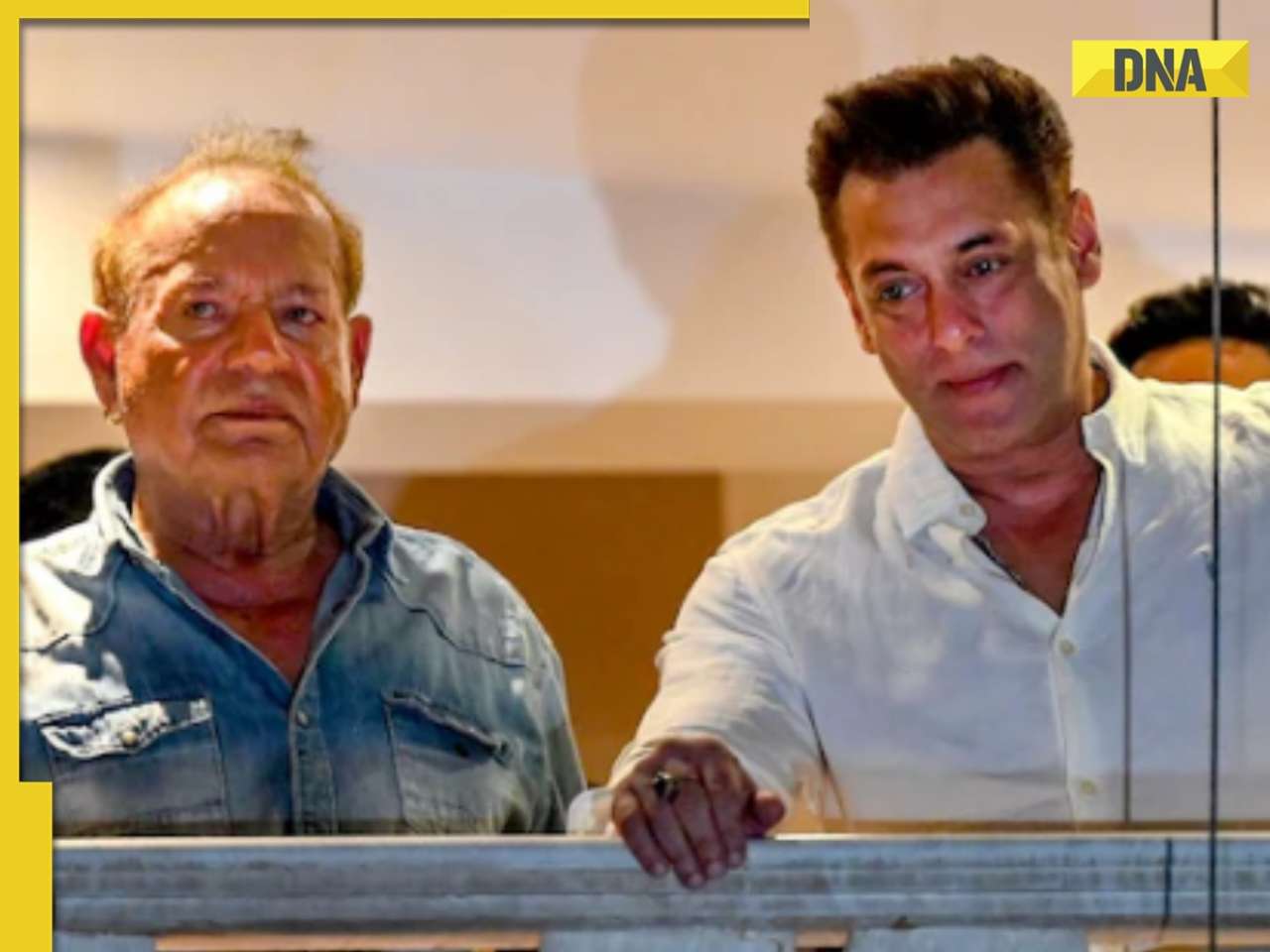
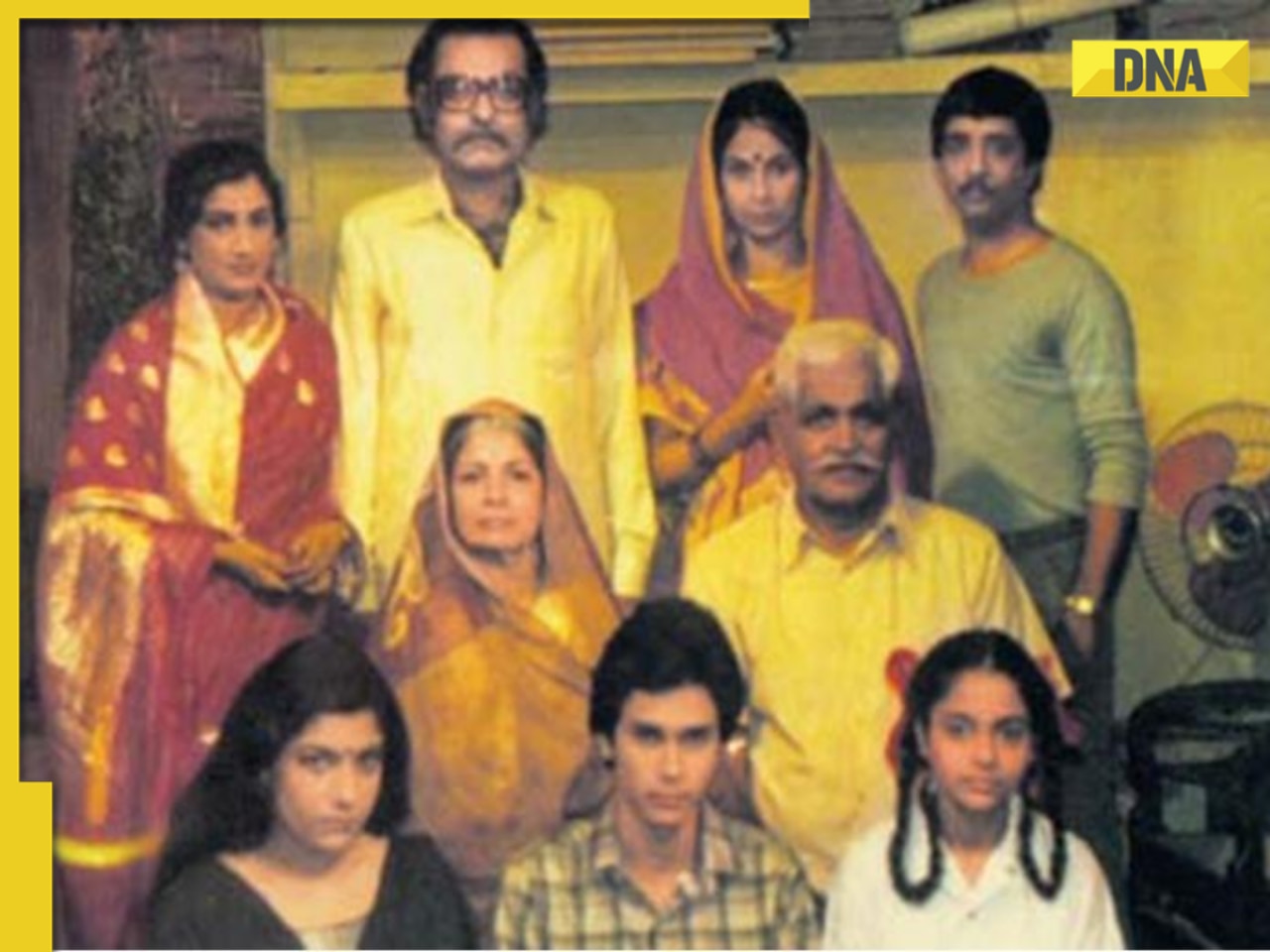
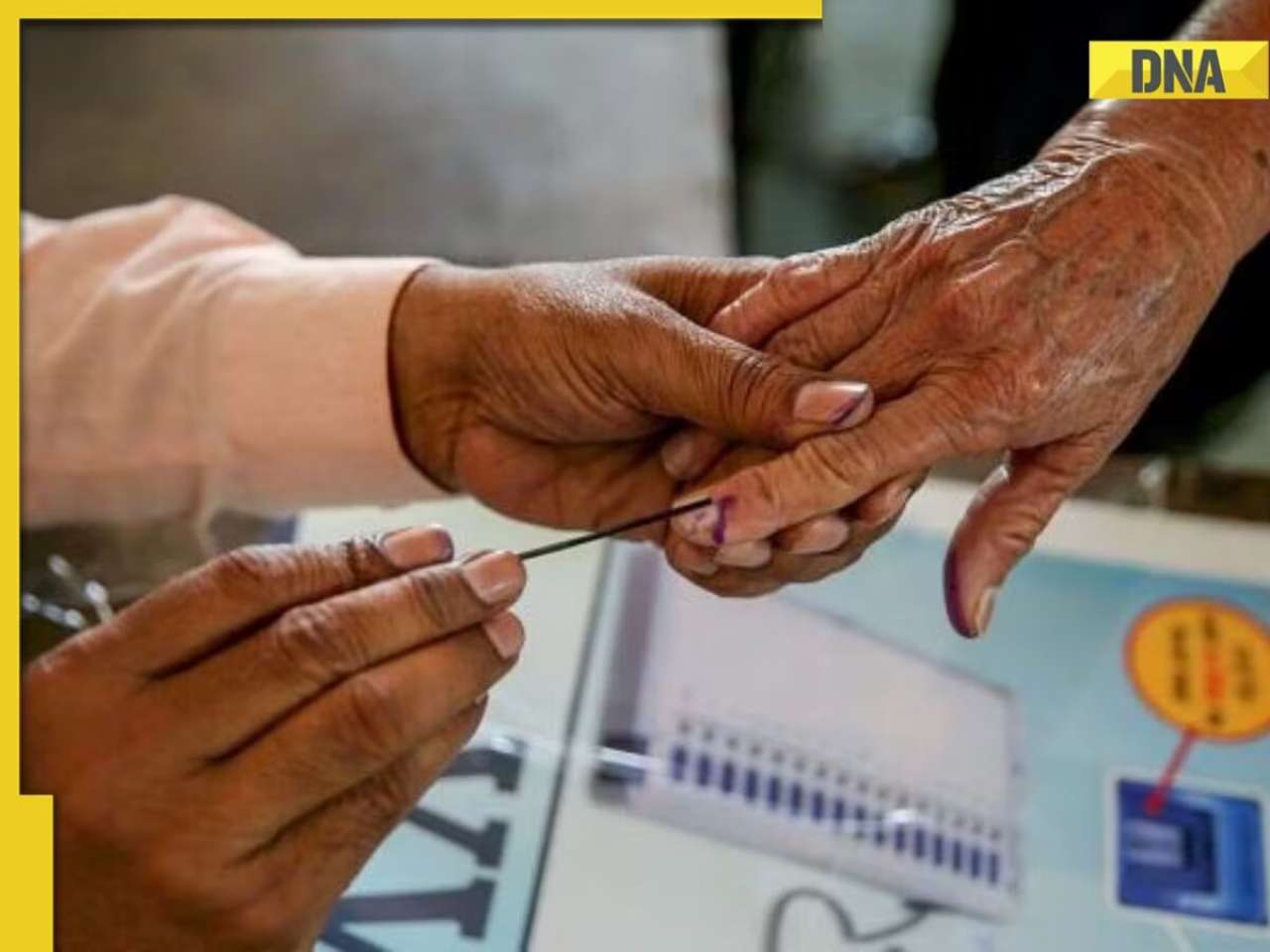




















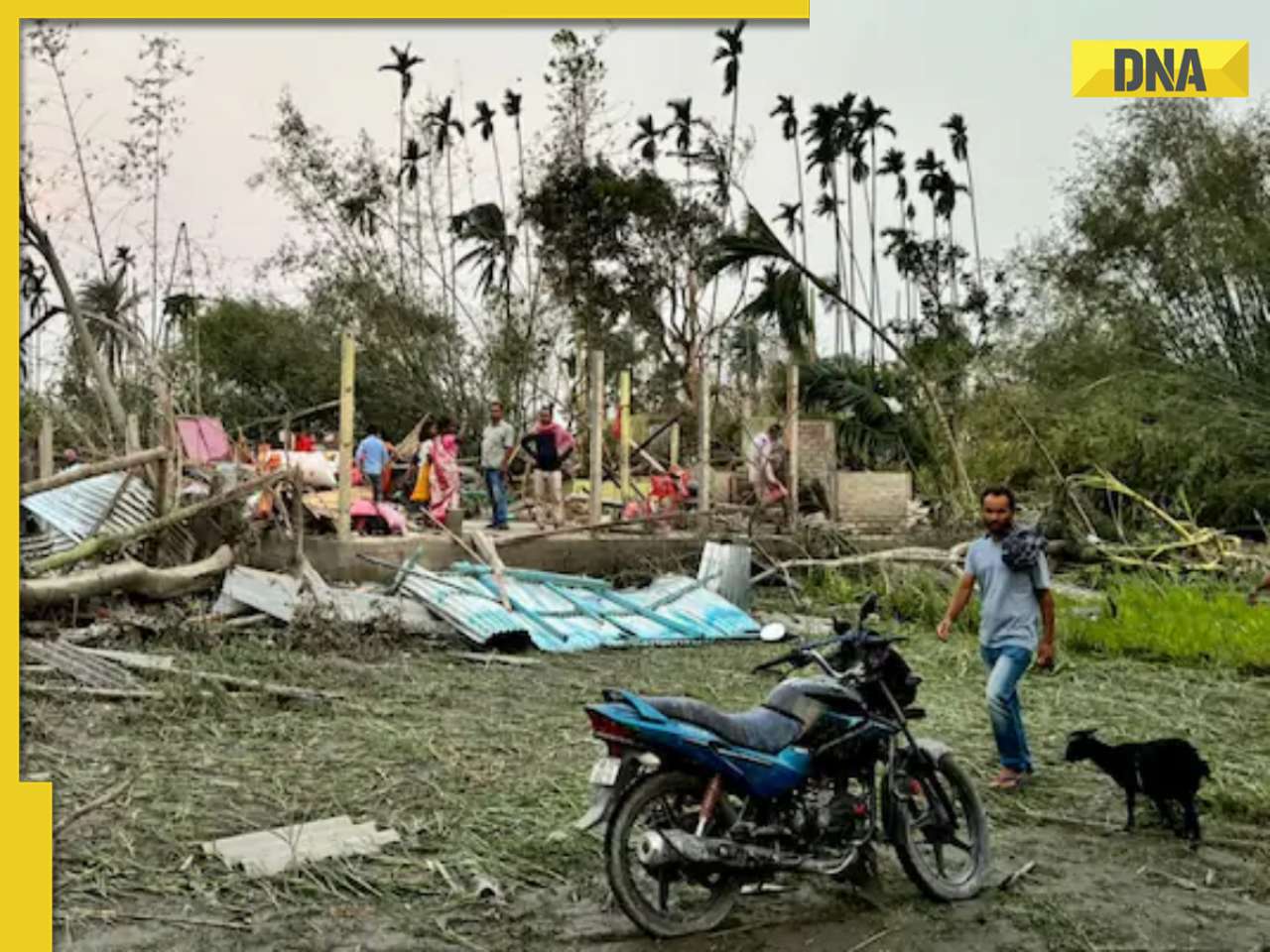
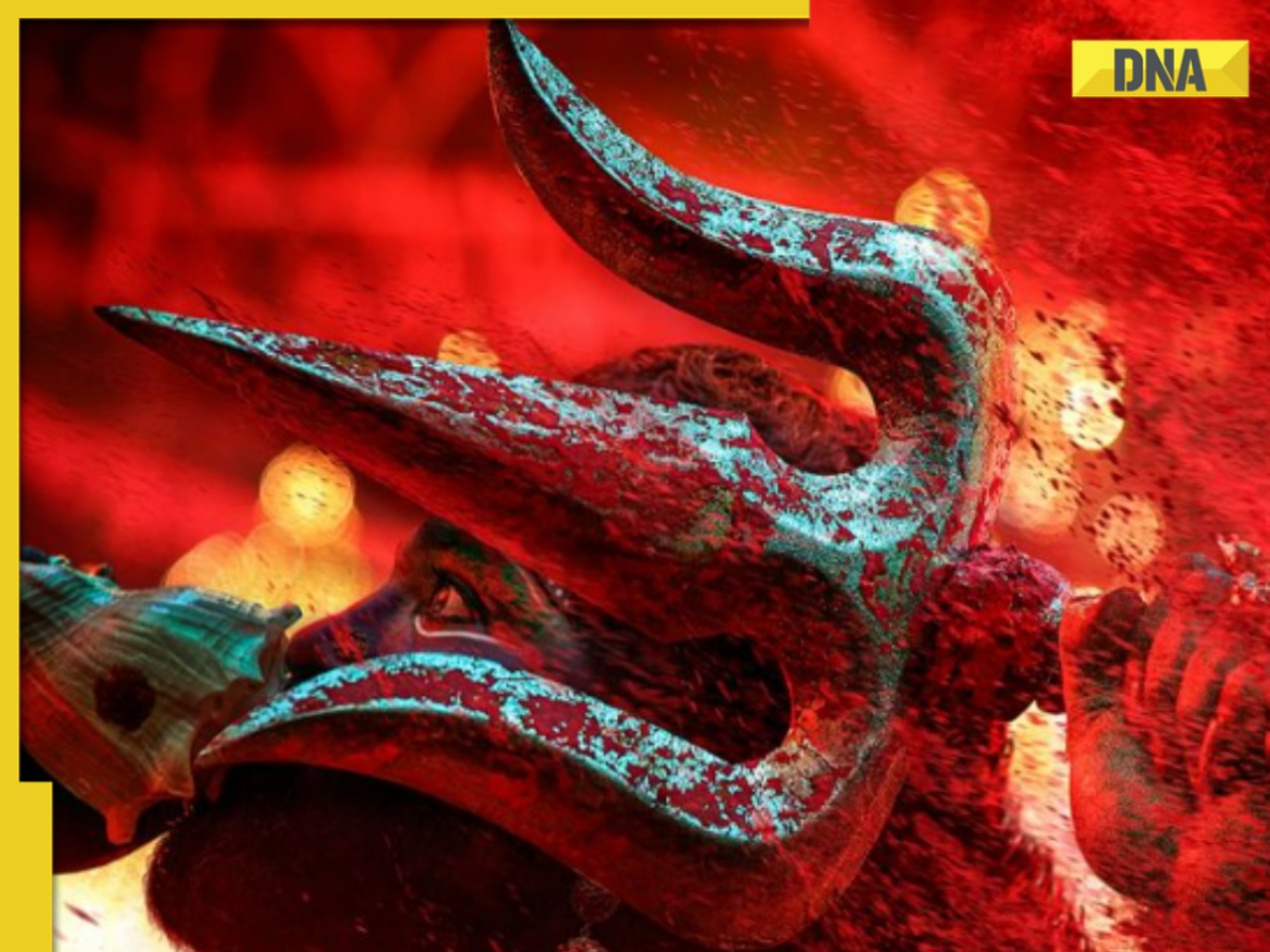
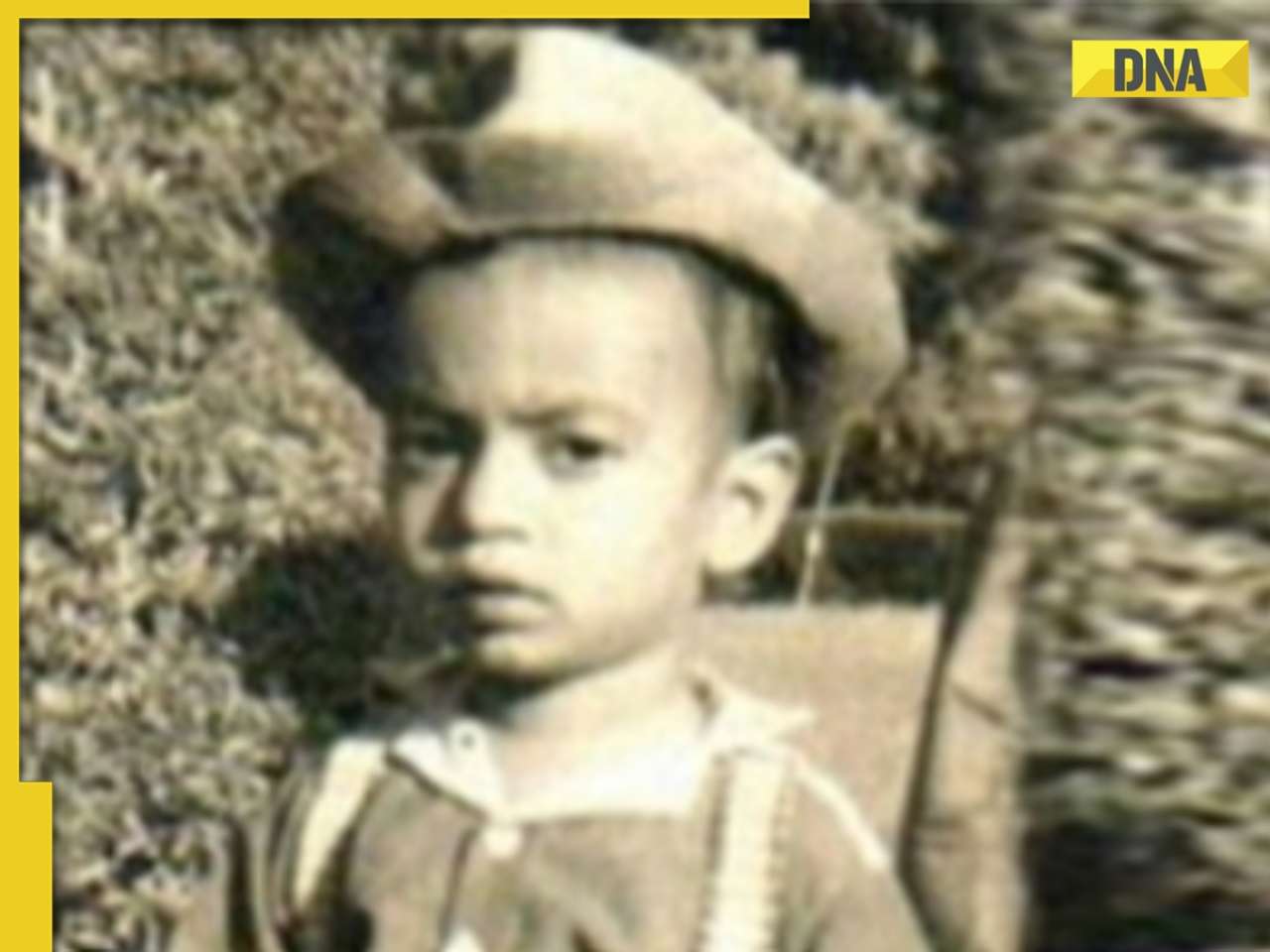


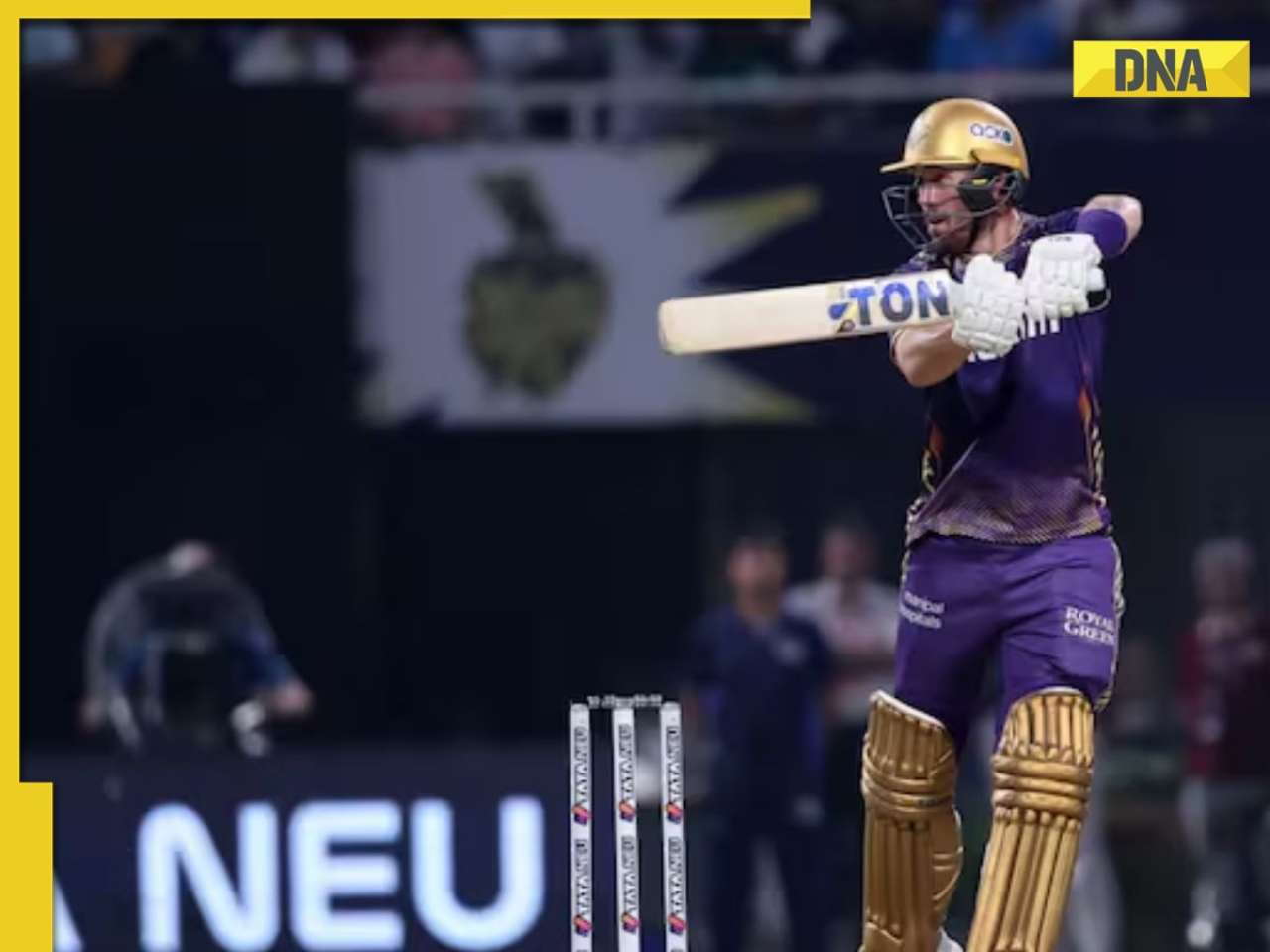








)




)
)
)
)
)
)